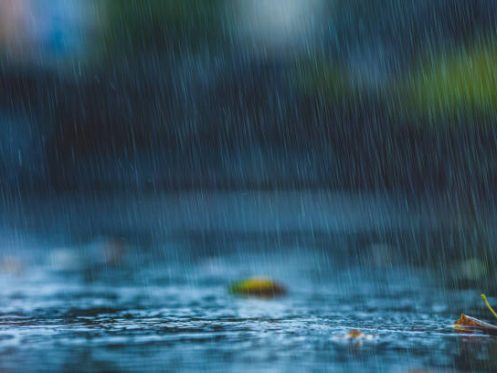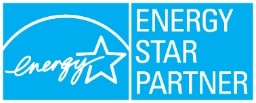Storms can show up fast and leave behind expensive damage, especially if your HVAC system isn’t ready. Flying debris, power surges, and flooding can all take a toll if you’re not prepared. At GVEC Air Conditioning & Heating, we help homeowners get ahead of the weather with smart steps that protect both indoor comfort and outdoor equipment.
Shut It Down Before the Storm Hits
When a storm is coming, the best thing you can do for your HVAC system is to turn it off. If lightning hits a nearby power line or transformer, the surge that follows can fry the electrical components in your unit. Even a slight fluctuation in power can disrupt the circuit board.
Raising the temperature or setting it to ‘fan’ isn’t enough. Shut the whole system down. If your system does stay on during a storm, any sudden shutdown caused by a power loss could damage the compressor. That’s one of the most expensive parts to replace.
Protect the Outdoor Unit From Flying Debris
Strong wind can turn lawn chairs, flower pots, and even tree branches into dangerous projectiles. Your outdoor unit sits right in the middle of all that. If something heavy slams into the side of it, the metal fins can bend or the fan inside can crack. If your AC starts making strange noises after a storm, there’s a chance something hit it.
Move yard items indoors, trim back branches, and take down anything that could blow loose. Some people cover their unit with a tarp or a fitted AC cover, but you should only do that when the unit is powered off.
Flooding Can Wreck the Internal Parts
If your outdoor unit sits in a low part of your yard or near a place where water collects, you need to keep an eye on it during heavy rain. Flooding around the base of the unit can short the wires, corrode the motor, or block the fan.
Some AC units are raised on platforms to avoid this problem, but not all homes have that setup. If you know your area gets flash floods or water tends to gather near your system, take a few steps to help it out. Check your drainage, and make sure gutters and downspouts direct water away from the unit.
Power Surges Can Hit Long After the Storm Ends
The lightning may stop, but your HVAC system isn’t safe the minute the storm passes. When the power grid comes back online or stabilizes, it often sends a surge of electricity through the lines. That spike can hit your HVAC system hard if it’s still plugged in.
One way to stop this is with a whole-home surge protector. These get installed near your electrical panel and block high voltage from reaching your appliances. If you don’t have one, unplugging or shutting off your system during the storm helps protect it from damage. Give your system a chance to restart clean, without battling weird power levels.
After the Storm, Do a Visual Check Before Restarting
Before you turn the system back on, take a minute to walk outside and look at the unit. Check for anything that looks out of place. Bent panels, broken fan blades, or debris stuck inside the top grille are all red flags.
If the unit is tilted or the ground around it is washed away, it might not run safely. Inside, listen to the thermostat and the indoor blower. If anything sounds different or doesn’t respond like usual, wait to restart.
For systems that rely on gas, also check the exhaust pipe or flue for leaks. If it got blocked or dislodged in the storm, gas buildup could become a problem. Trust your senses here. If something looks, sounds, or smells off, keep the system off until someone checks it.
Plan Now So That You’re Not Scrambling Later
One minute the sky is blue, and the next you’re getting alerts on your phone. That’s why it helps to plan your HVAC protection now. Know where your breaker is. Make a habit of checking the weather before leaving home if you plan to be gone all day.
If you have outdoor furniture or tools near your HVAC unit, keep the area clear so that you can move them quickly if needed. Label your thermostat and breaker box if other people in the house may need to turn things off while you’re away.
Prepare Your HVAC for Storm Season
With the right steps, you can prevent a breakdown before it happens. The professionals at GVEC Air Conditioning & Heating deliver residential HVAC and commercial electrical work. That includes wiring upgrades, panel replacements, whole‑home surge protection, interior and exterior lighting installations, EV charging stations, generators, and electrical inspections for customers in Austin, TX.
For expert help and peace of mind, call GVEC Air Conditioning & Heating today.



